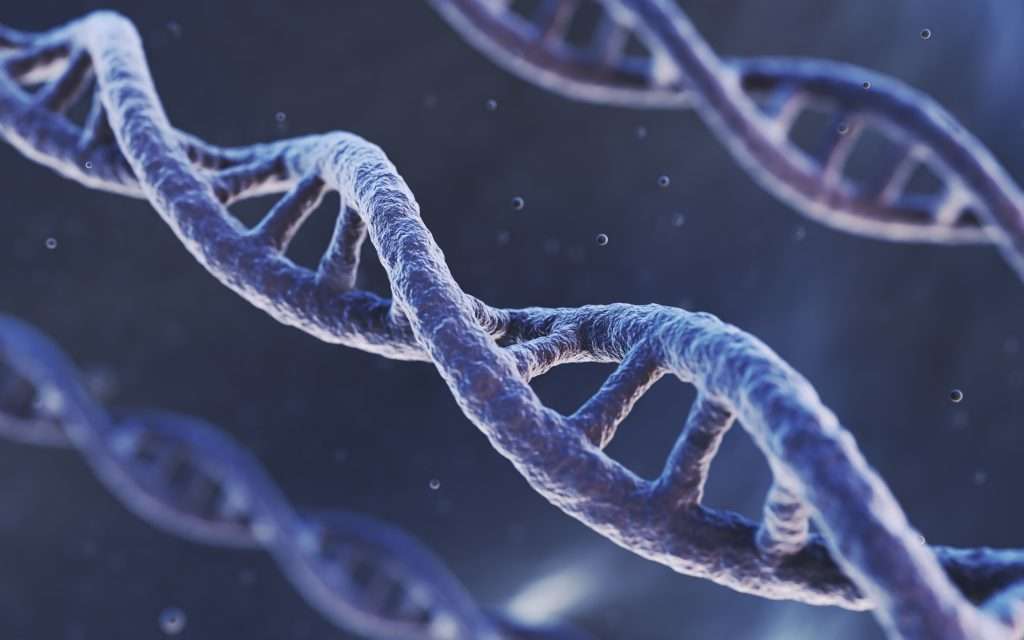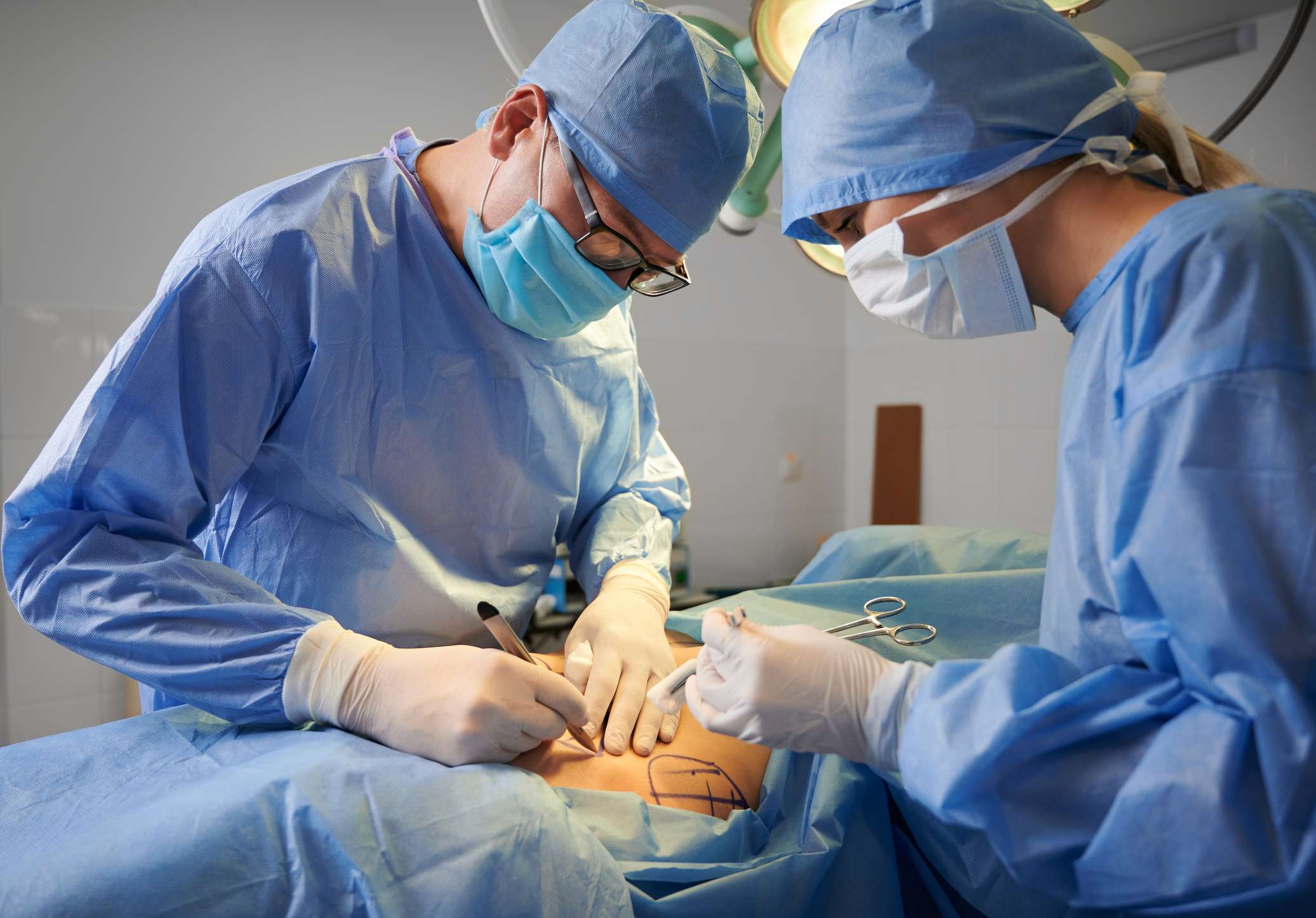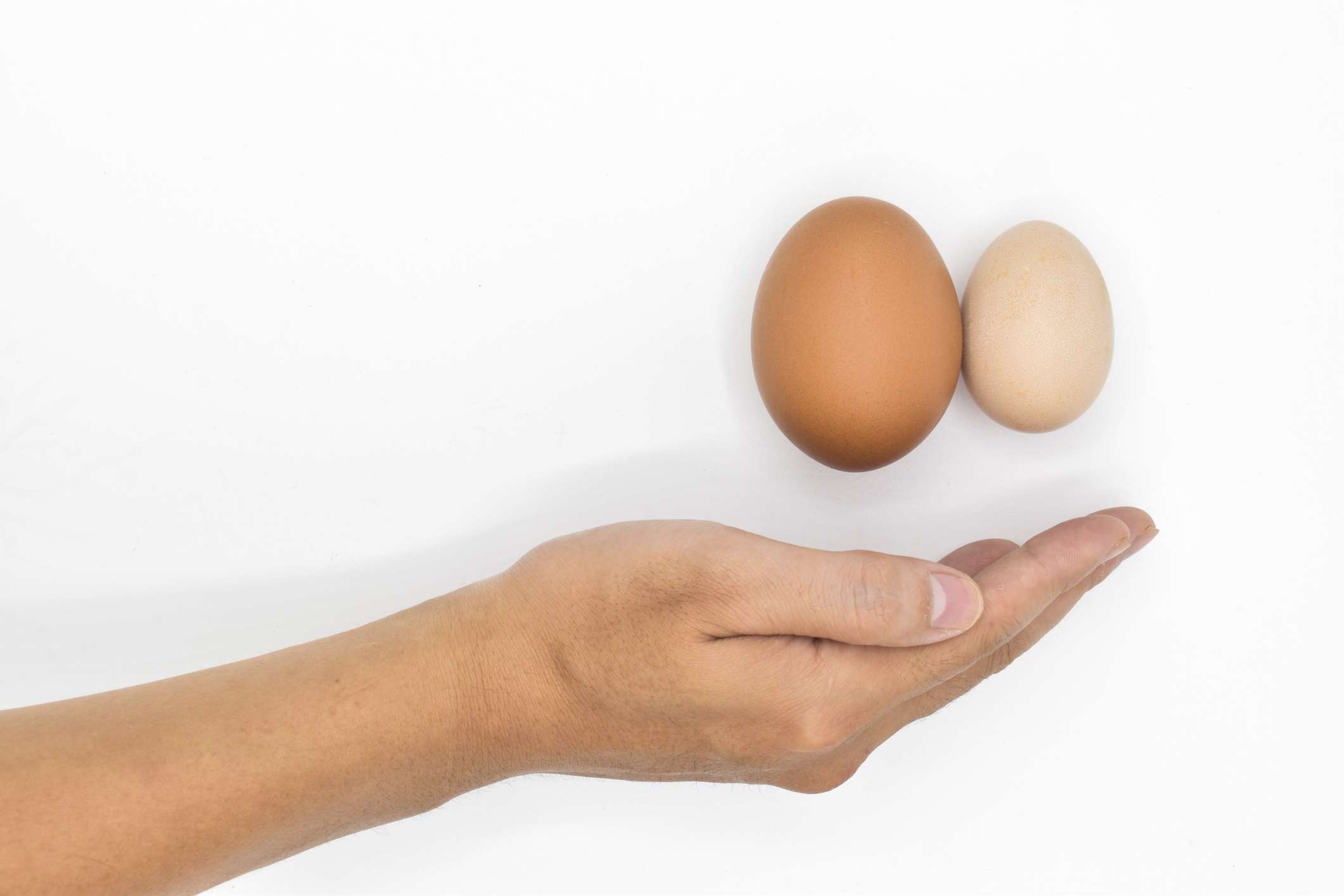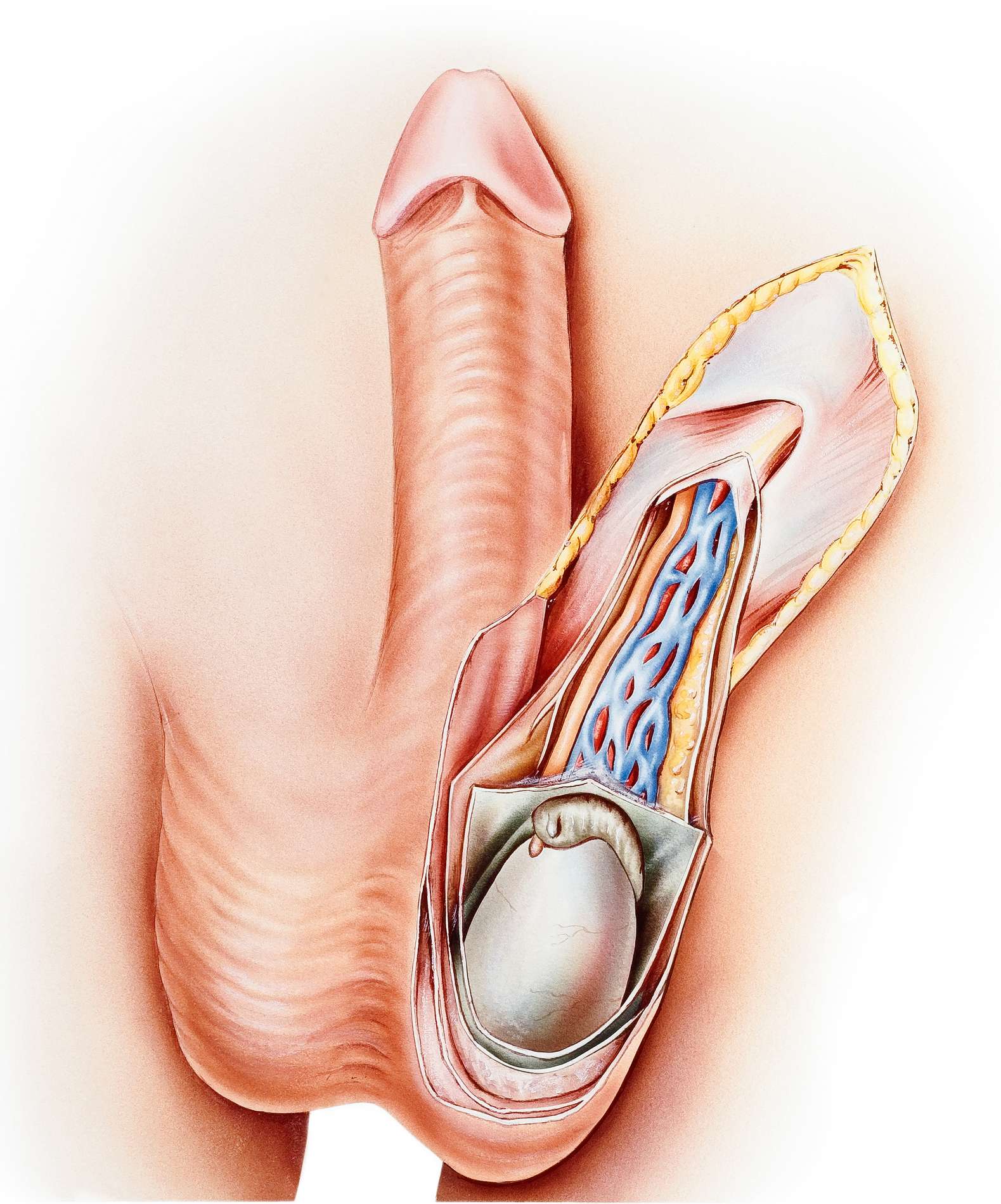You may wonder if genetics are responsible for the size of your penis, and the answer may be more complicated than you think. There are many factors that affect penis size (including both flaccid and erect size) that it’s hard to nail down the influence of any one factor.
The truth is that while genetics plays a role, many other factors apply both before and after birth. Even when looking at just genetics, it’s not a good predictor. Just as parents can produce children with different facial features, heights, and hair colors, they can produce two children who are destined to have different genitalia sizes in adulthood.
In this short guide, you’ll learn more about genetics and what role they play in total size. You’ll learn about the genetic factors involved, how much of a role genetics plays in comparison to other factors, and what kind of options you have if you aren’t pleased with your size.
Is Penis Size Genetic? The Facts about the Genetic Factors and Penis Enlargement
Genetics plays a complicated role in the development of the penis. There are genetic factors that play a large role in development when working correctly. There are also genetic diseases and disorders that can affect the proper function of inherited traits.
Where Do Penis Genetics Come From? The Role of Genes Inherited from Parents
Scientists have determined that there are a number of genetic factors that have a relationship with adult penis size. The sex hormones involved come from both parents. The father is responsible for contributing the Y chromosome in typical cases. This chromosome affects penis size by launching the development of the male reproductive organs, specifically the testes (testicles).
The testicles are responsible for producing testosterone and will help to dictate testosterone levels during critical developmental stages like puberty. Testosterone appears to have a relationship with the final size of the penis and with other male characteristics, including body hair.
There isn’t proof that any one gene directly influences the size of the penis. However, there is evidence that mutations of these father-inherited genes can reduce testosterone production and result in a smaller penis size. These deficiencies in penile growth can be treated with testosterone injections if caught early.
The X chromosome provided by the mother also carries genes that are known to have a relationship with penis enlargement before adulthood. The mother contributes a gene that governs androgen receptors (receptors in the body that testosterone can bond to).
Males and females both have these receptors, but males have a far larger number of them. The gene that governs these receptors will ultimately decide whether the baby is male or female by deciding to increase the number of these receptors during the earliest stage of genitalia development (resulting in a male) or not (resulting in a female).
Like the genes provided by the father, the genes provided by the mother can be prone to mutations that may have a relationship with erect penis length or size in adulthood. Some mutations of these genes may result in a larger-than-average penis due to a larger-than-average number of receptors.
Remember that the final size is usually determined by hundreds of genes and not the two examples just covered. There are many other genes that influence growth hormones and other penis size and men’s health factors. There are also ways that genetics can result in size-inhibiting disorders.
Genetic Disorders That Affect Final Penis Size
Having access to good genes does not guarantee that the genes will work as intended. There are a number of disorders of the genes that can limit your final size or even result in conditions like micropenis. Here are some examples:
- Kallmann syndrome: This is an inherited condition that typically has lifelong effects and can strongly affect the correct timing and changes of puberty. In early life, it is often diagnosed by the presence of other symptoms, including loss of smell and facial disfigurements. In the worst cases, puberty doesn’t happen without intervention. Males who have this disorder typically have smaller penises.
- Congenital adrenal hyperplasia (CAH): This disorder interferes with the correct production of several kinds of hormones, including cortisol, mineralocorticoids, and androgens. As you learned above, testosterone and other sex hormones are androgens. In addition to life-threatening symptoms, CAH can cause early puberty and other problems.
- 5-alpha reductase type 2 (5α-RD2) deficiency: This genetic disorder is one of the most common causes of what doctors call “ambiguous genitalia”. Males with this disorder may develop genitals that resemble underdeveloped male genitalia or even fully-developed female genitalia.
This is only a small sample of the gene disorders that may affect penis size in the end. They can also reduce sexual health, cause erectile dysfunction, and result in other problems with sexual performance. Many of these disorders appear early and can be diagnosed in newborns. Some of them can be treated if detected early.
Now that you know how genetics can both contribute to or prevent the development of a larger penis, it’s time to ask: How does this combined factor compare to others?
What Other Factors Can Cause a Small or Large Penis?
Scientists have found correlations between self-reported penis size and a number of outside factors. Below, you can learn more about a number of these factors, including pollutant exposure, lifestyle choices, and more.
Exposure to Pollutants and Toxins
A number of pesticides, industrial chemicals, and other environmental toxins have been shown to disrupt the endocrine system. The endocrine system manages the production of testosterone.
If testosterone production is seriously compromised during puberty or other key developmental points, penis length may be affected. Exposure to toxins during pregnancy and during later life can disrupt testosterone production.
Nutrition and Lifestyle
Puberty and all of its processes can be affected by malnutrition, including malnutrition caused by eating disorders. Scientists have found a link between males who experienced bulimia or anorexia and delayed puberty. Delayed puberty may reduce final adult growth.
What Are Your Options for Changes?
You may be concerned about the size of your penis and wondering if genetics played a role. It is very difficult to determine the total value of genetics over other factors, when there is not a specific genetic disorder involved.
Remember that many men experience penis size anxiety and that perceived size problems can also be the result of factors like poor measurement or optical illusions created by extra weight or above-average height.
Unfortunately, there are no treatments that can heal or reverse gene-related problems to increase penis size in adulthood. There are, however, cosmetic treatments that can improve the appearance of length and size. Many of these treatments are minimally invasive.
Increasing the Length
It is possible to increase the length of the penis through different cosmetic procedures. These procedures can be planned to increase the erect length of the penis, or to increase the flaccid length of the penis.
Lengthening of around ½ inches to 1 inch is typical for men who are good candidates for these procedures. A greater than 1 inch in length increase may be possible. You will have to speak to a doctor to understand what potential these treatments have for your case.
Increasing the Girth
The girth of the penis can be increased easily through non-invasive fillers. The fillers are injected in groups around the shaft. You and your doctor will plan out the placement in advance to provide a natural look with visibly increased girth.
It is possible, using these techniques, to increase the penile girth by about 6.5 to 7.5 inches in circumference.
Learn More about Average Sizes and Schedule a Consultation Today
Now you understand the role that genetics plays in the size of your penis. You may have concerns about what girth or size growth is possible now. As you’re aware, there are currently no natural treatments that can increase growth once puberty has ended. However, there are a number of medical treatments that can provide length and girth.
You can try many of the most effective treatments at Loria Medical Clinic. Our team would be happy to tell you more about treatments that can measurably increase the size of the penis. There are treatments available that can improve the girth of the penis by as much as a few inches.
To get started with any of these treatments, simply contact us today with a few details about your issues. We’ll contact you with information about how to schedule an appointment.



